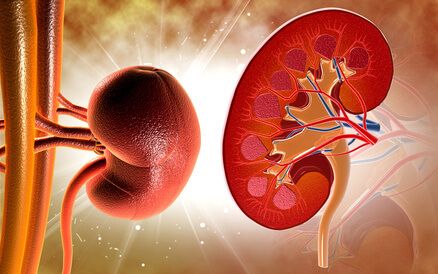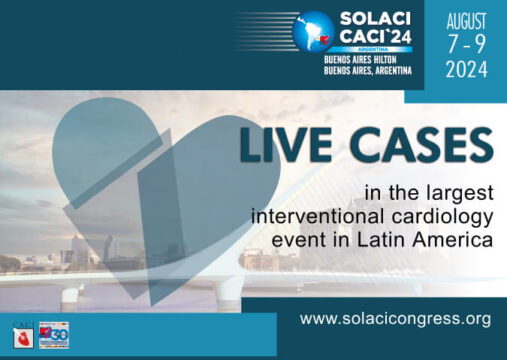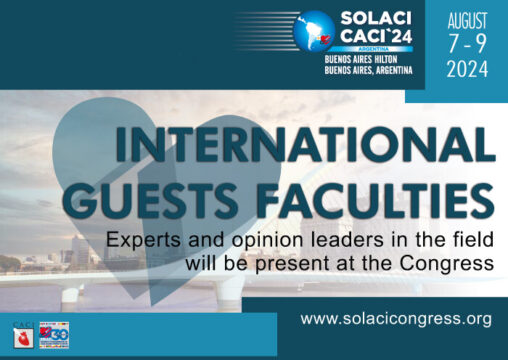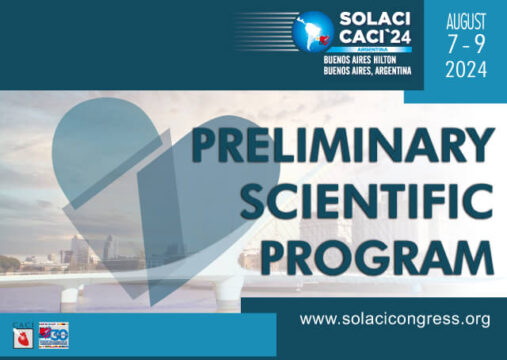All over the world, functional lesion measurement remains underutilized due to the need for a hyperemic stimulus (which may be avoided with instantaneous wave-free ratio [iFR]) and, above all, the invasiveness of guidewire placement (crossing the intended lesion) for the measurement. These guidewires have improved a lot, but they still lack the navigating capacity of the workhorse guidewires we often choose.

Coronary angiography was performed in lesions of varying severity, and then FFR was measured using a coronary pressure wire and hyperemic stimulus. At least two different projections were carried out, and on-site operators were blinded to FFR and calculated the angiography-derived FFR using proprietary software.
Read also: TCT 2018 | TriValve: Mitraclip for the Tricuspid Valve.
The primary endpoints were the sensitivity and specificity of the new method vs. standard invasive FFR using a cutoff value of 0.80.
A total of 301 patients and 319 vessels were assessed in 10 centers in the United States, Europe, and Israel. The mean FFR was 0.81 and 43% of vessels had values ≤0.8.
New method sensitivity and specificity were 94% (95% confidence interval [CI]: 88% to 97%) and 91% (95% CI: 86% to 95%), respectively. Both exceeded pre-specified performance goals.
Original title: Accuracy of Fractional Flow Reserve Derived from Coronary Angiography.
Presenter: William F. Fearon.
Subscribe to our weekly newsletter
Get the latest scientific articles on interventional cardiology
We are interested in your opinion. Please, leave your comments, thoughts, questions, etc., below. They will be most welcome.





